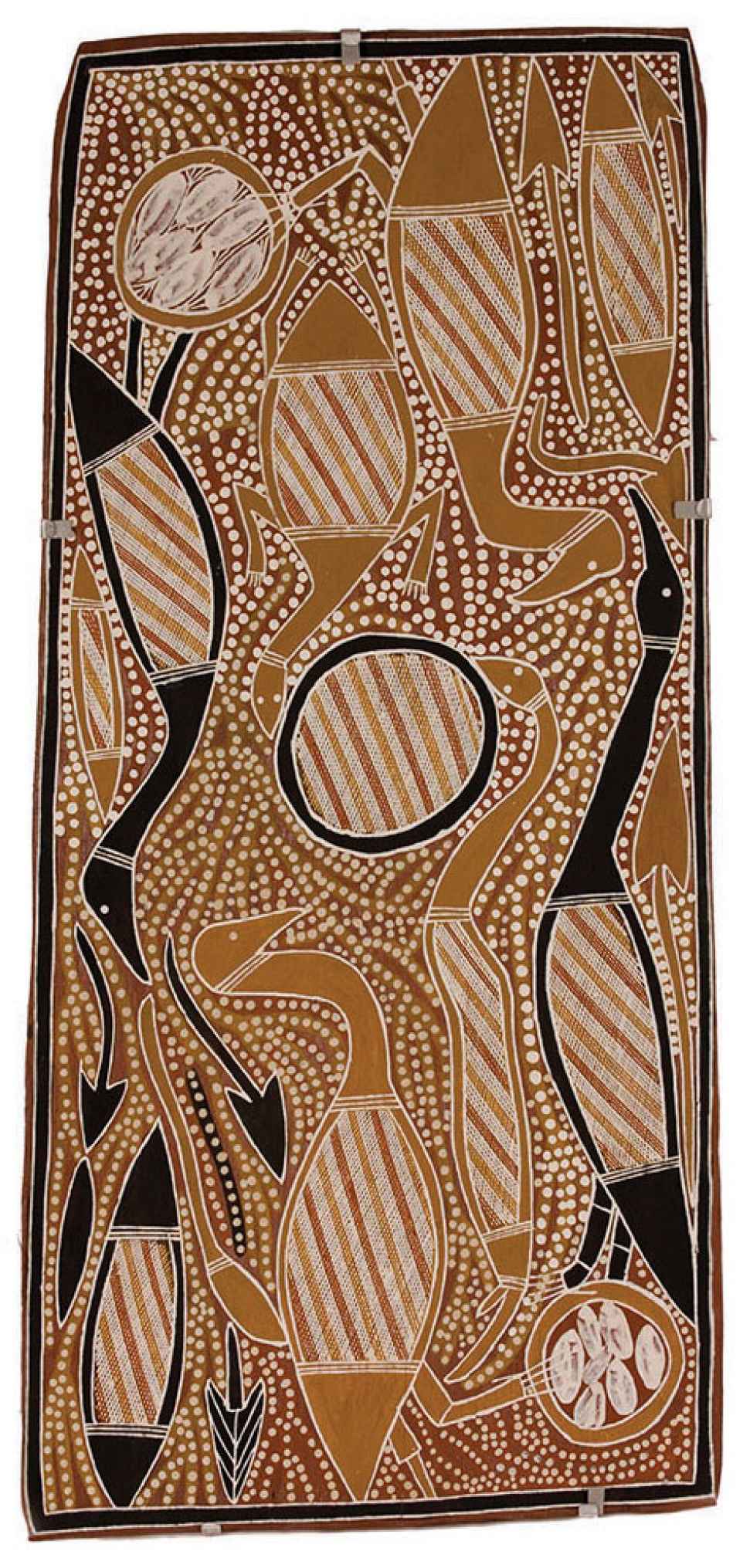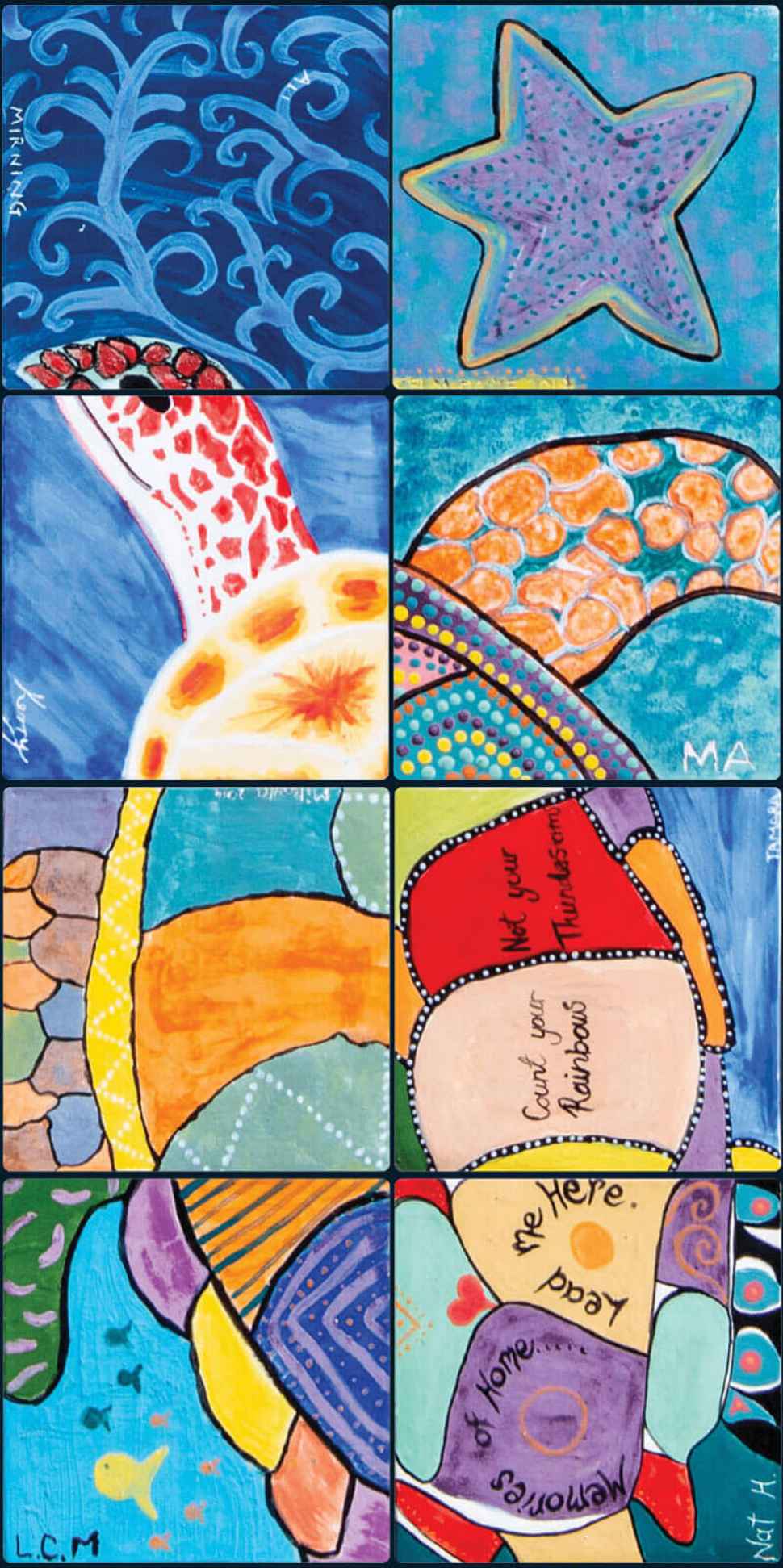Our vision for Reconciliation
Our vision is to establish Flinders University as a place where reconciliation is embedded in the lived actions of the Flinders community. We aim to do this by promoting social responsibility and accountability, underpinned by truth telling, mutual respect and understanding, that champions Aboriginal and Torres Strait Islander people’s self-determination.
Flinders University affirms its commitment to reconciliation through sustainable change that builds on our institution’s progress and advocates for tangible, social accountabilities for Aboriginal and Torres Strait Islander peoples. Recognising the dualities of knowledges and culture is crucial to achieving reconciliation. We believe that deep listening, togetherness, reciprocity, and respect are foundational concepts that underpin this process.
As a University community we understand that reconciliation is a two-way exchange that inspires generosity of spirit, truth telling and entwines our paths to share the weight of colonisation. We recognise the influence and effects staff, students, and alumni can exert towards momentous shifts in race-relations, social policy, justice, and reconciliation. We commit to the development of an anti-racism statement. The 2017 Uluru Statement from the Heart calls for constitutional reform and an Indigenous Voice to Parliament. Flinders University acknowledges this call for change and recognises its sphere of influence through higher education.

John Bulunbulun (Ganalbingu, Australian)
born 1946, Maningrida, Central Arnhem Land,
Northern Territory
died 2010, Darwin, Northern Territory
Untitled 1996
natural pigments on stringy bark
92.6 x 41.8 cm
Flinders University Art Museum Collection 3108
Image © John Bulunbulun /Licensed by
Aboriginal Artists Agency, 2019

Our business
Established in 1966, Flinders University was named after the European navigator Captain Matthew Flinders who, as part of the 1801-1803 Investigator Voyage circumnavigated Australia (Sydney to Sydney) accompanied by Kuring-gai man Bungaree from 1802-1803.
Undergraduate, postgraduate and research training courses are offered across six Colleges and online for some 26,000 students. The University has more than 5,000 international students from more than 90 countries. Bedford Park campus has on-site accommodation for 500 students.
Research strengths include biomedical and clinical sciences, culture, policy and society, health and human behaviour, molecular science and technology, defence, engineering, and water and environment. In the latest Excellence in Research Australia assessment 90% of Flinders University’s research has been rated world standard or above1.
Flinders has a strong focus on rural and remote area education, in Central Australia and the Top End in the Northern Territory and Flinders Rural Health South Australia which operates in the centre and east of South Australia. Internationally, Flinders jointly provides courses with leading universities in China, Hong Kong SAR, Malaysia, and Singapore.
Sphere of Influence
As a globally connected public institution of higher learning, Flinders University recognises its role to lead by example and commits to communicating and championing the vision and actions of this Innovate RAP through our many and varied networks. This responsibility is vested in our leadership in the University Council and Senior Executive Team, as well as our Academic and Professional staff.
Embedding reconciliation across our constantly evolving student cohort is also a means of producing graduates who are equipped with awareness and understanding. We actively promote reconciliation across our network of more than 125,000 Alumni in more than 130 countries.
Our wider engagement with industry, government, NGOs, community organisations and peak higher education bodies such as Universities Australia, the Innovative Research Universities network, Engagement Australia, and the International Network of Universities is informed by reconciliation and preferences relationships with like-minded entities.
Examples include our membership of Reconciliation SA, our partnership with Port Adelaide Football Club to promote pathways to tertiary education, our Fearless Conversations public roundtable series which actively presents Indigenous speakers and perspectives, and involvement in Reconciliation Industry Networks.
1 Excellence in Research for Australia 2018, Flinders University rating 89.7%, rounded up to 90%

Website feedback | Disclaimer | Accessibility | Privacy | CRICOS Provider: 00114A